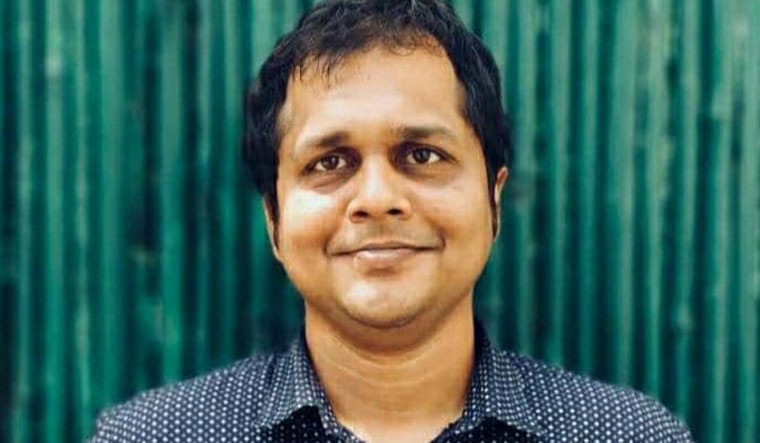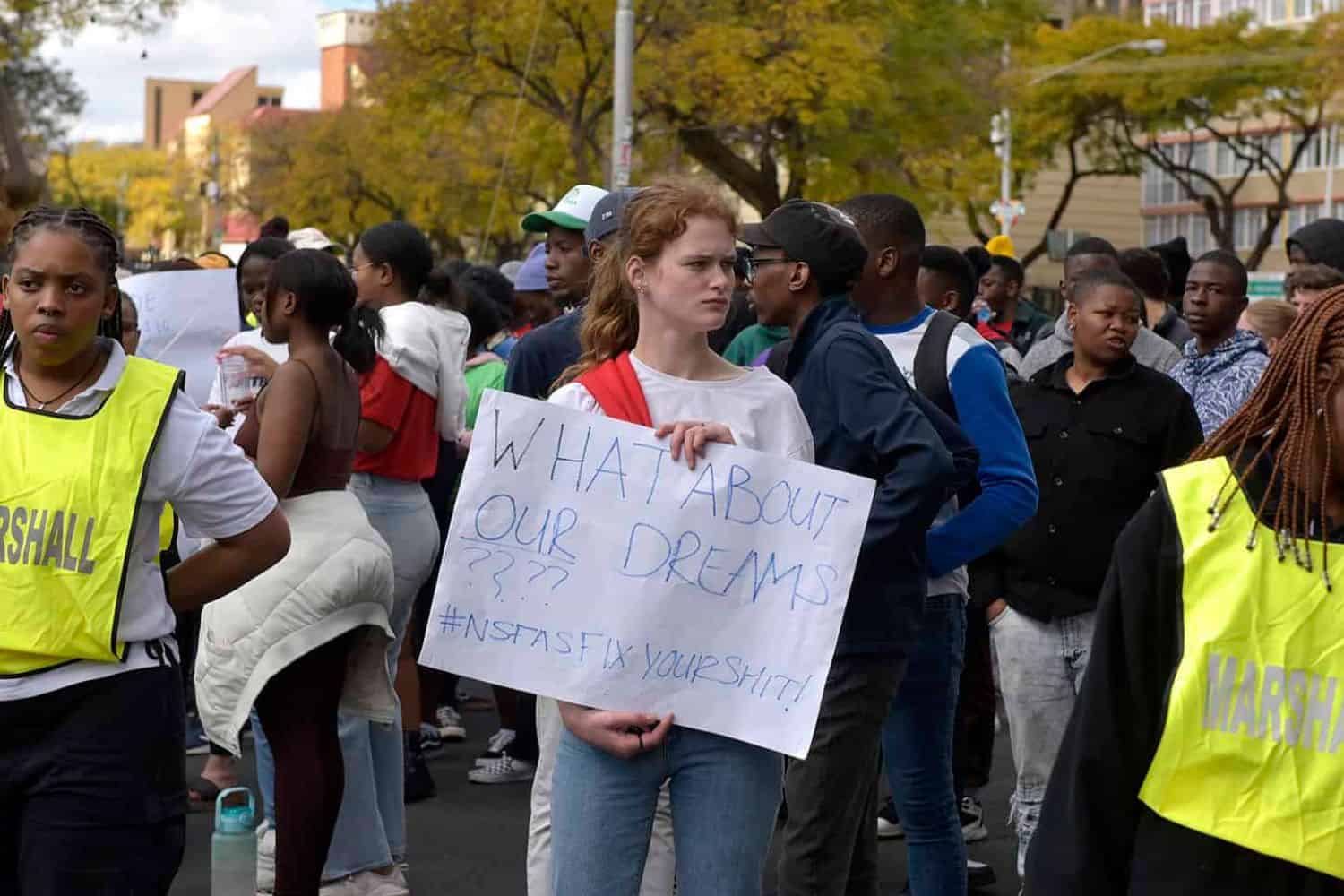On Monday, the Gujarat High Court sought information regarding the regulations governing crowdfunding while hearing a petition filed by Saket Gokhale, the national spokesperson of the Trinamool Congress and a Rajya Sabha MP, to quash a case registered against him for allegedly deceiving the public by conducting crowdfunding campaigns.
Recognizing crowdfunding as a new and intriguing subject necessitating further examination, Justice HD Suthar sought input from both the prosecution and Gokhale’s advocate.
Justice Suthar questioned during the hearing, “Is there any specific regulation for crowdfunding in India? Many countries have restricted it.”
“SEBI’s regulations, I think, are only for Non Government Organisations (NGOs) and not for individuals. This crowdfunding is a new subject, many countries have not recognised crowdfunding and in India there’s no clarity on it. Otherwise it may create chaos,” Justice Suthar further said.
During Monday’s hearing of Gokhale’s plea to quash a case against him, arguments were presented by advocate Somnath Vatsa before the court asserting that the charges lacked merit, contending that there was no evidence of deceiving individuals. Moreover, it was highlighted that individual crowdfunding currently operates without regulation in the country, unlike NGO crowdfunding which faces some level of regulation.
Vatsa stated that Gokhale had conducted three online campaigns and requested donations to support them. He clarified that all these campaigns had concluded five months prior to the criminal case being filed.
Vatsa argued that when someone openly declares they are raising funds for their upkeep and receives donations accordingly, there should be no suspicion of fraudulent activity. He highlighted that the complainant herself admitted to having ‘donated’ some amounts.
Alternatively, SPP Mitesh Amin emphasized that although Gokhale had raised approximately ₹76 lakhs through crowdfunding, only a small portion of it was actually utilized for filing queries under the Right to Information Act (RTI Act).
Amin contended that out of this ₹76 lakhs, only ₹282 was spent on RTI queries.
“Isn’t this a case of cheating and fraud?” Amin questioned. Amin argued that Gokhale solicited funds under the pretext of supporting RTI and other causes but ultimately utilized the money for personal gains.
“Is he truly acting in the public interest?” Amin questioned further.
Meanwhile, Vatsa pointed out that if the petition to quash the FIR is granted, it could potentially undermine the PMLA case against Gokhale.
Amin also highlighted that Gokhale is already facing charges under the Prevention of Money Laundering Act (PMLA) for allegedly misappropriating these funds.
Gokhale’s petition seeks to quash an FIR accusing him of misappropriating funds acquired through crowdfunding. He further seeks the dismissal of associated criminal proceedings, including a chargesheet and a trial court’s decision declining to drop the charges against him.
Gokhale is currently facing multiple charges under various sections of the Indian Penal Code, including sections 406 (criminal breach of trust), 420 (cheating), 465, 468 (forgery) and 471 (using forged document) of Indian Penal Code as well as under sections 66C (punishment for identity theft) and 66D (cheat by personation) of IT Act.
The Court has now listed the matter on May 1st for further hearing.
Case Title: Saket Suhas Gokhale vs State of Gujarat



